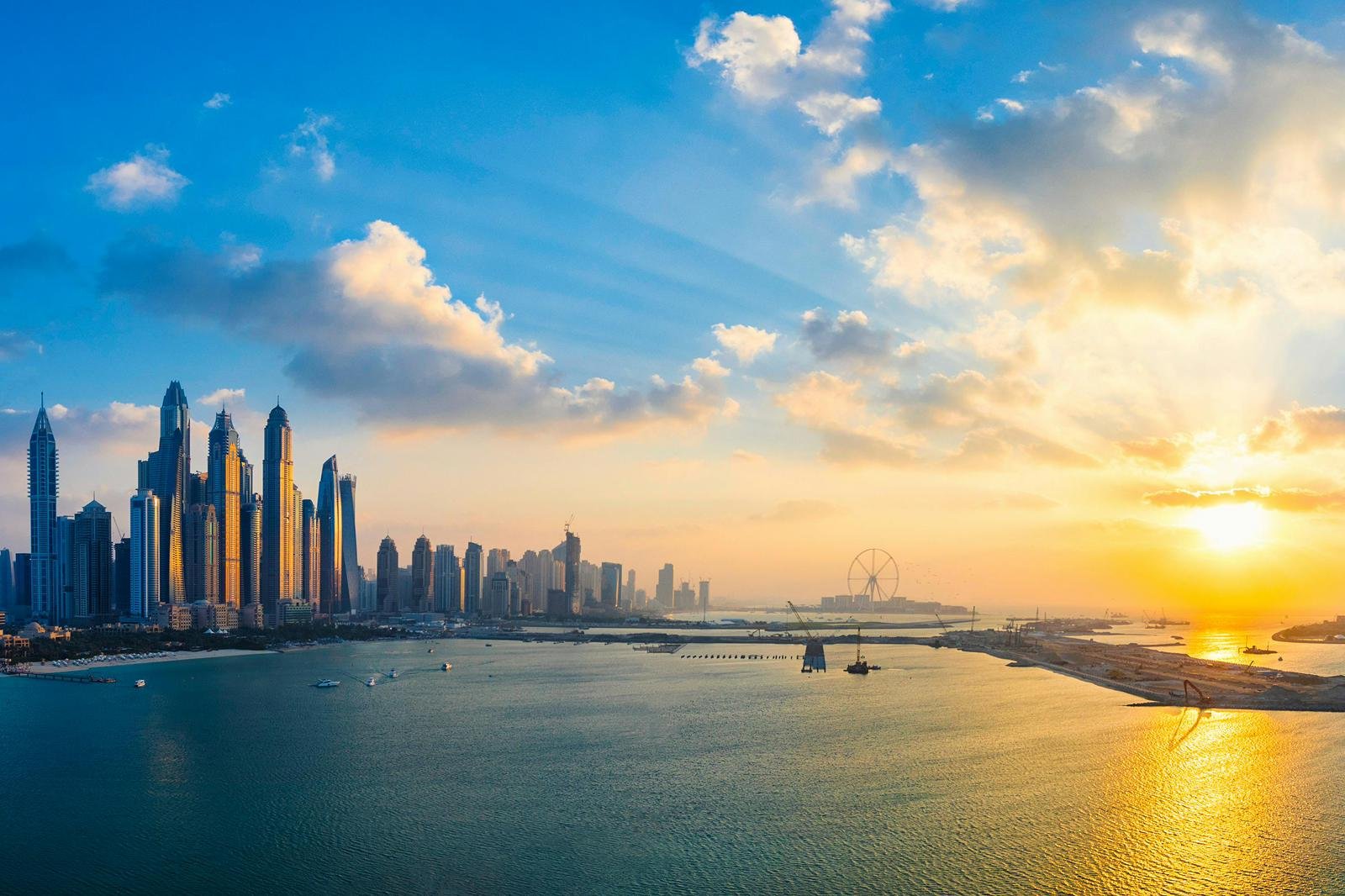Who doesn’t dream of owning a property in the city of dreams, Dubai? This is a wish shared by many foreign investors from around the world, as the United Arab Emirates offers numerous advantages across legal, social, economic, and even cultural aspects.
The UAE has introduced various facilitative measures for foreigners, enabling them to fulfill their dream of owning property in the country, particularly in Dubai. However, achieving this dream requires foreign investors to meet specific conditions that must be carefully considered to protect themselves from legal complications and avoid falling into fraud and deception traps.
In this article, we provide a detailed explanation of the most important conditions for foreign investors looking to purchase property in Dubai.The real estate market in the UAE holds a prestigious position among global property markets, as it meets the expectations and needs of investors through a diverse selection of luxurious real estate options. These options combine prime locations with comfort and luxury, catering to various budgets and lifestyle requirements.
The real estate market in the UAE holds a prestigious position among global property markets, as it meets the expectations and needs of investors through a diverse selection of luxurious real estate options. These options combine prime locations with comfort and luxury, catering to various budgets and lifestyle requirements.
These factors have driven many foreign investors to consider purchasing property in Dubai. Below, we outline the key conditions that foreign investors must take into account when buying real estate in Dubai.
Areas Where Foreigners Are Allowed to Purchase Property
The ability to purchase property in the UAE is restricted to designated areas where the government has authorized foreign ownership.
The Dubai government has established regulations governing property purchases by foreigners, allowing them to own real estate in Freehold Areas. These designated areas include prominent locations such as Dubai Marina, Downtown Dubai, Palm Jumeirah, and Jumeirah Lakes Towers (JLT).
Therefore, it is highly recommended to check the updated list of permitted areas before beginning your property search. This serves as a crucial first step in the purchasing process to ensure compliance with legal regulations.
Verifying the Legal Status of the Property
Ensuring the legal status of a property protects you from legal complications during your purchasing journey and helps you avoid falling victim to fraud or scams. Here are the key steps you should take:
Verify Property Registration: Ensure that the property is registered with the Dubai Land Department (DLD). You can check its legal status through the DLD website or the Dubai REST app
Check the Developer’s Credibility: If the property is under construction, verify whether the developer is accredited and registered with the Real Estate Regulatory Agency (RERA), which oversees Dubai’s real estate market
Review the Sale and Purchase Agreement (MOU): Carefully examine the contract terms to confirm that all legal conditions are met, including payment details, delivery deadlines, and registration fees.
Ensure the Property is Free of Mortgages or Debts: Request a No Objection Certificate (NOC) from the developer or seller, confirming that the property is clear of any financial liabilities.
Verify Construction Status and Permits: If buying an off-plan property, confirm that the project is registered with approved real estate developers and has all necessary permits from relevant authorities.
Consult a Real Estate Lawyer: It is highly advisable to seek legal advice from a specialized property lawyer to review all documents and ensure that all legal procedures are in order before completing the purchase.
By following these steps, you can secure a smooth and legally sound property acquisition in Dubai.
Paying the Down Payment
Paying the down payment is the first official step in the property purchase process. Foreign investors are required to pay a percentage of the total property price as an initial payment, which is essential for finalizing the transaction.
Paying the down payment is the first official step in the property purchase process. Foreign investors are required to pay a percentage of the total property price as an initial payment, which is essential for finalizing the transaction.
The required down payment varies based on mortgage financing policies:
Non-resident investors are typically required to pay at least 25% of the property’s price if financing through a bank.
For off-plan properties, the down payment may be 30% or more, depending on the developer’s policies.
This payment is made directly to the seller or property developer, and it is advisable to document it in the Memorandum of Understanding (MOU) to secure legal rights.
To ensure a safe transaction, payments should be made via official bank transfers or certified bank cheques. Additionally, verifying the property’s registration with the Dubai Land Department (DLD) is crucial for securing legal ownership.
Registration Process
Once both parties have agreed on the property purchase and the down payment has been made, the property must be registered with the Dubai Land Department (DLD).
The registration process includes:
Submitting the required documents
Paying the registration fees, which amount to 4% of the property’s value, plus an additional administrative fee:
1. AED 2,000 for properties valued below AED 500,000AED
2. 4,000 for properties valued above AED 500,000
These fees are paid directly to the Dubai Land Department Registering the property legally secures ownership rights and ensures the official transfer of ownership to the buyer’s name
Paying Additional Fees and Costs
Being aware of all additional costs associated with buying property in Dubai helps prevent unexpected financial surprises. These extra expenses may include
- Real estate agent fees
- Legal fees for hiring a lawyer
- Annual maintenance fees
Compliance with Local Laws and Regulations
As a foreign investor, it is essential to comply with all local real estate laws and regulations to ensure a secure and risk-free investment. This includes
- Property ownership laws
- Maintenance fees and property taxes
- Rental regulations if you plan to lease the property
Homeowners’ association rules in some residential communities
Failing to follow these regulations could result in financial penalties or legal disputes that may affect your ability to use or resell the property
FINALLY, investing in your future starts with a decision that enhances your quality of life and owning property in Dubai offers just that. By carefully following these conditions and adhering to legal requirements, you can enjoy a smooth, safe, and rewarding property purchase experience in one of the world’s most sought-after real estate markets





